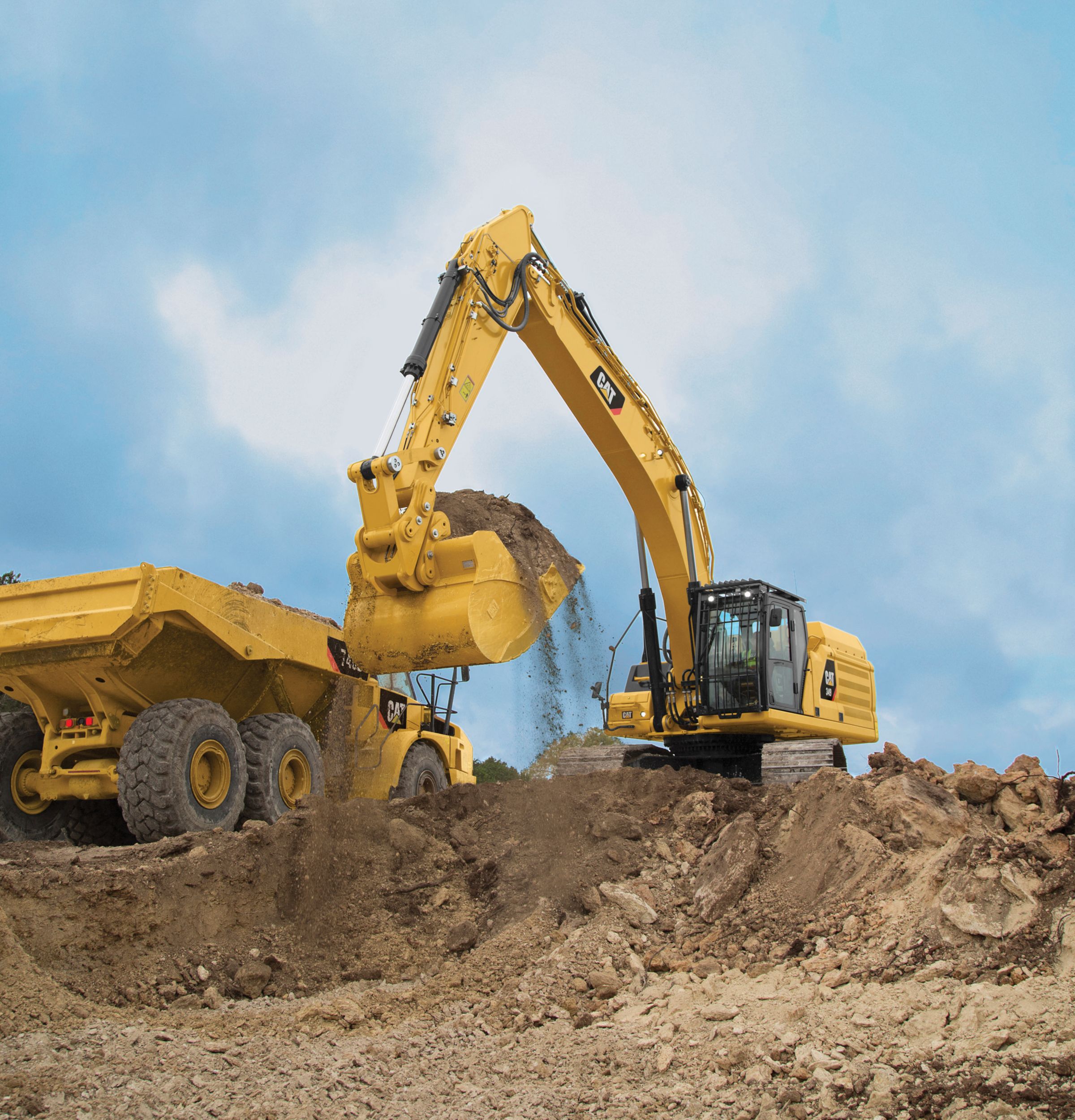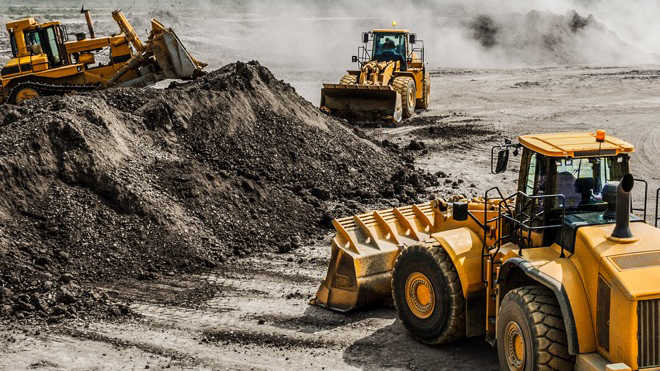Heavy Equipment Rental: High-Quality Machinery for Lease
Wiki Article
Renting Vs. Acquiring Building And Construction Tools: Making the Right Selection for Your Task
When embarking on a construction task, one of the essential decisions that forecast supervisors and stakeholders deal with is whether to purchase or rent construction devices. Both options have their disadvantages and benefits, making the selection an essential one in the job preparation process. The choice depends upon various elements such as expense considerations, job duration, devices upkeep, risk, flexibility, and scalability administration. Each element plays an important role in figuring out one of the most suitable course for the job's equipment demands. mini excavator rental. Allow's explore these factors better to understand how they affect the decision-making process and eventually the success of the job.Expense Factors To Consider
When evaluating the economic facet of renting out versus purchasing building tools, the ahead of time expenses and long-term costs need to be thoroughly taken into consideration. Renting out tools usually needs reduced initial settlements contrasted to purchasing, making it an appealing alternative for temporary jobs or contractors with budget restrictions. Renting eliminates the demand for huge resources investments and minimizes the monetary threat connected with tools possession, such as maintenance and devaluation costs. Nonetheless, in the lengthy run, continuously renting out devices can gather greater costs than acquiring, particularly for extended tasks.On the other hand, buying building devices entails higher in advance costs however can result in long-term cost savings, specifically for long-term projects or regular users. Owning devices gives adaptability, benefit, and the possibility for resale worth once the project is finished. Additionally, having equipment permits personalization and experience with certain machinery, potentially increasing effectiveness and performance on-site. Eventually, the choice in between purchasing and renting out building devices hinges on the task's period, regularity of usage, spending plan considerations, and lasting economic objectives.
Task Period

Alternatively, for long-term jobs or ongoing building and construction job, acquiring tools can be the a lot more economical choice. Acquiring devices can lead to cost savings over time, specifically if the devices will certainly be often used. In addition, possessing equipment supplies a sense of control over its availability and permits for personalization to fit particular job requirements.

Tools Upkeep
Given the crucial duty project duration plays in establishing one of the most cost-efficient technique in between buying and leasing building devices, the focus currently shifts in the direction of compact wheel loader analyzing the necessary aspect of devices maintenance. Appropriate maintenance is crucial for guaranteeing the optimum efficiency and durability of construction tools. Renting devices often features the benefit of having well-kept machinery offered by the rental business. This can relieve the worry of maintenance jobs from the task proprietor or contractor, conserving effort and time. On the other hand, owning devices calls for a proactive method to maintenance to avoid malfunctions, ensure security, and extend the devices's lifespan. Routine evaluations, servicing, and prompt fixings are required to keep owned tools in leading functioning problem. Consider maintenance prices when deciding between leasing and purchasing, as overlooking upkeep can cause pricey repair work, downtime, and task delays. Ultimately, a properly maintained building equipment fleet, whether rented or had, is important for the effective and efficient conclusion of construction jobs.gauge sheet metal brake
Flexibility and Scalability
In the realm of construction equipment administration, the element of versatility and scalability holds considerable significance for project efficiency and resource application. Deciding to rent building and construction devices supplies a high degree of versatility as it enables the fast modification of equipment kinds and amounts based upon the developing needs of a task. Renting out makes it possible for service providers to access a large range of customized equipment that might be required for certain tasks without the long-term commitment of possession. This versatility is specifically useful for projects with varying requirements or unsure periods (rental company near me).Renting construction tools provides the benefit of easily scaling operations up or down as project needs vary. Service providers can swiftly include or exchange equipment to match the project's altering demands without the restrictions of possessing possessions that might become underutilized or out-of-date.
Danger Management
Effective risk management in building and construction tools procedures is critical to guaranteeing task success and mitigating potential monetary losses. Building and construction projects naturally involve different threats, such as equipment malfunctions, accidents, and project hold-ups, which can substantially influence the task timeline and spending plan. By meticulously considering the risks related to owning or renting out building tools, task managers can make enlightened choices to reduce these prospective threats.Renting building and construction tools can provide a degree of danger mitigation by transferring the obligation of upkeep and fixings to the rental company. This can lower the monetary worry on the task proprietor in instance of unforeseen equipment failures (scissor lift rental). In addition, renting out supplies the versatility to gain access to customized devices for specific project phases, lowering the risk of having underutilized machinery
On the various other hand, possessing building and construction equipment gives a feeling of control over its use and upkeep. Nevertheless, this also means birthing the complete obligation for repair work, upkeep expenses, and depreciation, enhancing the financial dangers related to devices possession. Careful threat assessment and consideration of variables such as job duration, equipment utilization, and upkeep needs are essential in determining one of the most suitable choice for efficient danger administration in building tasks.
Conclusion
In conclusion, when determining between renting out and buying construction tools, it is very important to think about cost, job duration, equipment maintenance, scalability, adaptability, and threat management. Each factor plays an essential function in identifying one of the most appropriate alternative for the job handy. By carefully reviewing these elements, project supervisors can make an informed choice check over here that lines up with their spending plan, timeline, and total job objectives.
Report this wiki page